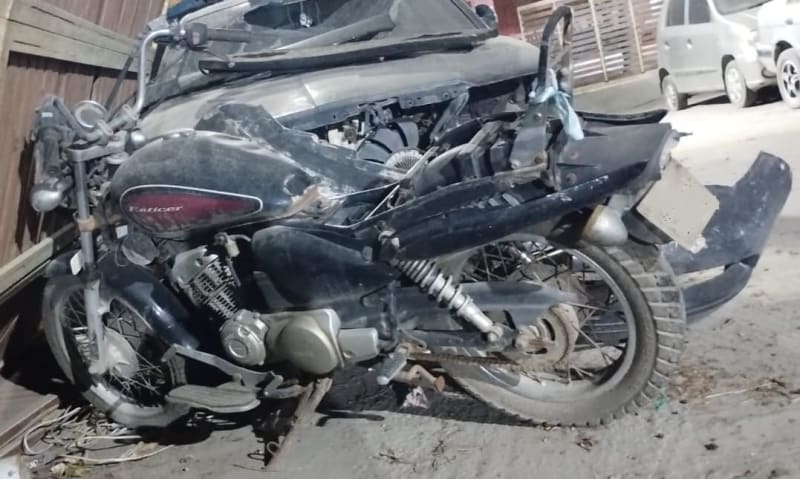
The Vehicle Scrapping Policy in India has been implemented with the objective of replacing outdated and environmentally harmful vehicles with newer, more fuel-efficient, and eco-friendly alternatives. The Ministry of Road Transport and Highways, in collaboration with the Indian government, has been actively working on the policy's implementation, and there have been some updates to the guidelines since its inception.
As per the updated guidelines, personal vehicles will undergo a fitness test after 15 years instead of the previously specified 20 years. Similarly, commercial vehicles will be subject to a fitness test after 10 years instead of the earlier 15 years. The scrapping criteria may vary from state to state.
The government has introduced additional incentives and benefits to encourage vehicle owners to scrap their old vehicles and purchase new ones. These incentives include discounts on the purchase of new vehicles, lower road tax, and waivers on registration fees for new vehicles purchased after scrapping old ones. The specific details and extent of incentives may vary from state to state.
To streamline the vehicle fitness testing process, the government is establishing automated fitness testing centers across the country. These centers will be equipped with advanced technology and will ensure accurate assessment of a vehicle's roadworthiness. This move aims to ensure transparency and efficiency in the fitness testing process.
The updated guidelines outline the process for certification and deregistration of vehicles. Vehicle owners will need to obtain a certificate of vehicle scrapping from authorized scrapping centers after the vehicle has been scrapped. This certificate will be required for deregistration of the old vehicle and registration of the new vehicle.
The government is establishing authorized vehicle scrapping centers across the country to ensure safe and environmentally friendly scrapping of vehicles. These centers will be responsible for adhering to proper disposal methods for various vehicle components and recycling materials as per the guidelines laid down by the pollution control authorities.
The Vehicle Scrapping Policy in India applies to both personal and commercial vehicles.
Personal vehicles, including cars, vans, and two-wheelers, can be scrapped as per the policy.
Similarly, commercial vehicles, such as buses, taxis, trucks, and other goods carriers, are also eligible for scrapping.
The Vehicle Scrappage Policy in India has been introduced with several key reasons and objectives in mind. Here are the main reasons for implementing the policy:
One of the primary reasons for the Vehicle Scrappage Policy is to address the environmental concerns associated with old and polluting vehicles. Older vehicles tend to emit higher levels of pollutants and contribute significantly to air pollution. By phasing out these vehicles and encouraging their scrapping, the policy aims to reduce pollution levels, including greenhouse gas emissions, and improve the overall environmental quality.
Older vehicles often have outdated technology and are less fuel-efficient compared to newer models. By promoting the scrapping of old vehicles, the policy aims to encourage the adoption of newer, more fuel-efficient vehicles. This will help conserve energy and reduce the country's dependence on imported oil.
Older vehicles may lack modern safety features and have outdated technology, making them more prone to accidents. By phasing out these vehicles and encouraging the purchase of newer ones, the policy aims to improve road safety and reduce the risk associated with outdated vehicles on the roads.
The Vehicle Scrappage Policy also aims to stimulate the automotive industry by creating demand for new vehicles. The policy includes incentives for scrapping old vehicles and purchasing new ones, such as discounts from vehicle manufacturers and rebates on road tax. These incentives are designed to encourage vehicle owners to replace their old vehicles with newer models, thus boosting sales in the automotive sector.
The implementation of the Vehicle Scrappage Policy is expected to create job opportunities in various sectors, including automobile manufacturing, recycling, and related industries. The policy's objective is to establish authorized vehicle scrapping centers, which will require a workforce for vehicle dismantling, recycling, and other related activities. Job creation in these sectors can contribute to economic growth and support the country's overall development.
By addressing these reasons and objectives, the Vehicle Scrappage Policy aims to bring about positive changes in terms of environmental sustainability, road safety, energy conservation, and economic development.